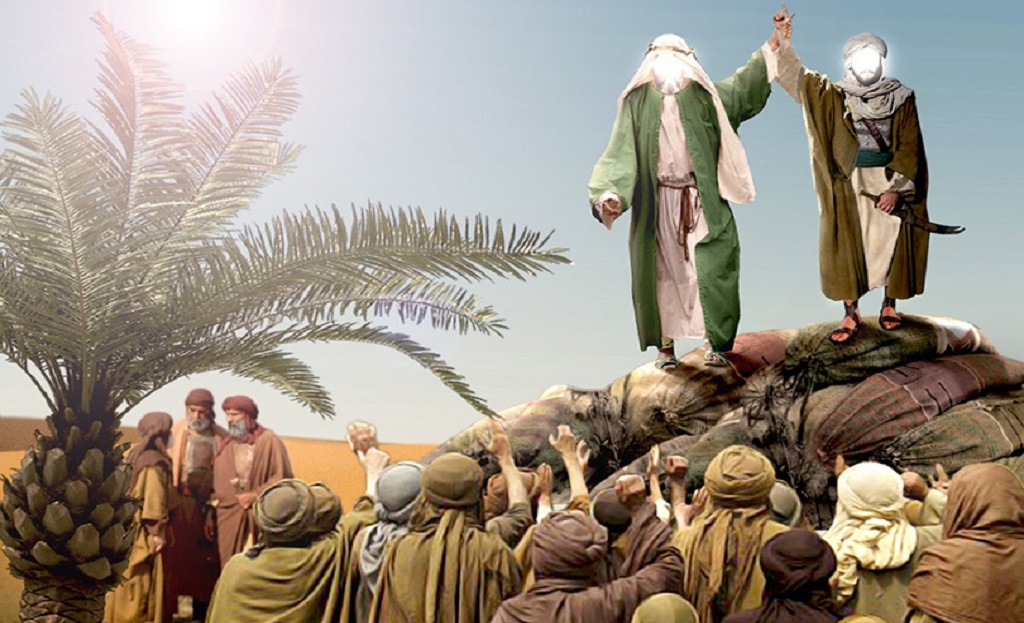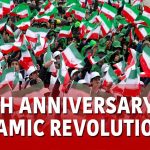The issue of Ghadir is a very important issue in the history of Islam. First, consider the essence of this astonishing, important event and this holy statement, “For whomsoever, I am his master, Ali is also his master.” This is not something that only the Shi’a have narrated.
Faraan: This event is one of the clear, absolute truths. Those who have wanted to find fault with this event were unable to cast doubt on the origin of this statement. Rather, they resorted to interpretation, justification, and explaining the meaning of this sentence.
The event of Ghadir is a clear historical, Islamic issue. The doubts and questions about the meaning of this sentence that have come to the minds of some intellectual and philosophical newcomers today are the same doubts and questions that have been raised since a thousand years ago. And these questions have been answered by great scholars. Therefore, there is no room for raising doubts about the essence of this issue, not about this event or about what the Holy Prophet (pbuh) said. On that day, the Holy Prophet (pbuh) asked the people, “Am I not closer to you than your own selves?” This sentence was a reference to a Quranic verse that says, “The Prophet is closer to the believers than their own selves.” [Qur’an, 33:6]. Then, the Holy Prophet (pbuh) said, “For whomsoever, I am his master, Ali is also his master.” So, there is no room for doubt about the essence of this issue.
What should be said about the content of this historical, noble, meaningful sentence – apart from the appointment of the Commander of the Faithful (pbuh) as the caliph and Imam after the Holy Prophet (pbuh), which is the common meaning of this sentence – is that there is another important issue that should not be ignored. This issue is the attention Islam pays to the issue of government and politics and the significance of this issue from the viewpoint of Islam.
Ghadir is an answer to those who have tried to exclude Islam from social and political issues, confine it to personal, individual affairs, and adopt a secular outlook toward Islam. This is an outlook the enemies and their propaganda efforts have been trying to promote among Muslims for many years. At the command of God, the Exalted, the Holy Prophet (pbuh) addressed an important, fundamental issue in that sensitive situation and during the last months of his life. This important issue was attending to the issue of government after the Holy Prophet (pbuh).
Here, the appointment of the Commander of the Faithful (pbuh) was not confined to spiritual matters. Rather, it can be said that spiritual matters are not things that someone can be appointed or elected for. Those issues for which someone can be appointed are government, politics, and the management of the country and the Islamic society. This is what the Holy Prophet (pbuh) was recommending to the people. This is an important point about the issue of Ghadir and it is a rejoinder to all those people who think and promote the idea that Islam should be kept away from political issues, issues related to the government, and the like.
Therefore, these two truths exist in the event of Ghadir. That is to say, the very important, the truth about the appointment of the Commander of the Faithful (pbuh) as the Imam after the Holy Prophet (pbuh) and the truth about attending to the issue of government, politics, Imamate, and managing the Islamic nation after the Holy Prophet (pbuh) exist. And they are among the teachings that have been guaranteed by Ghadir. They are a great lesson for all Muslims, both for the present and the future.










